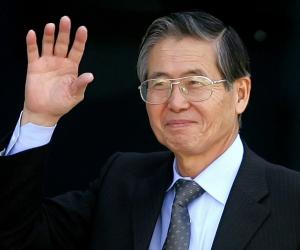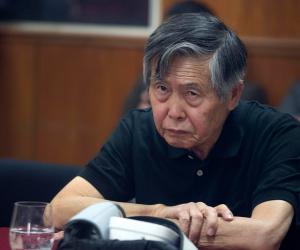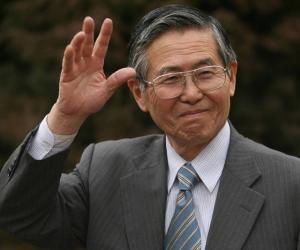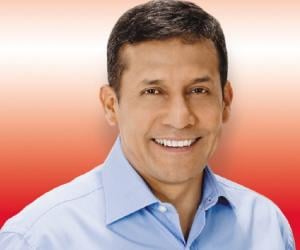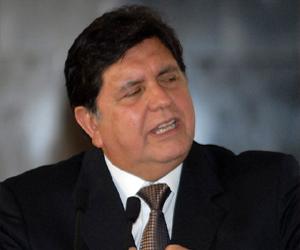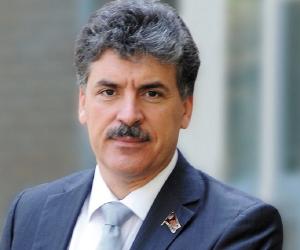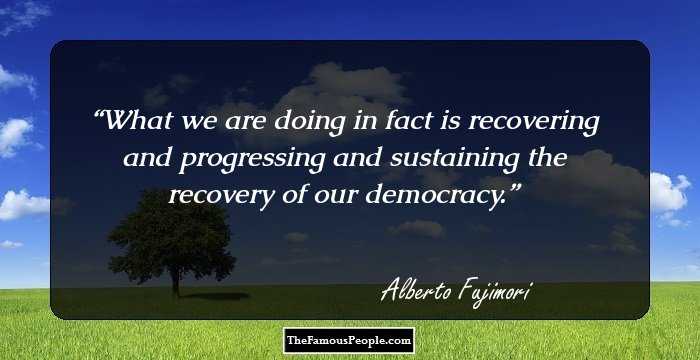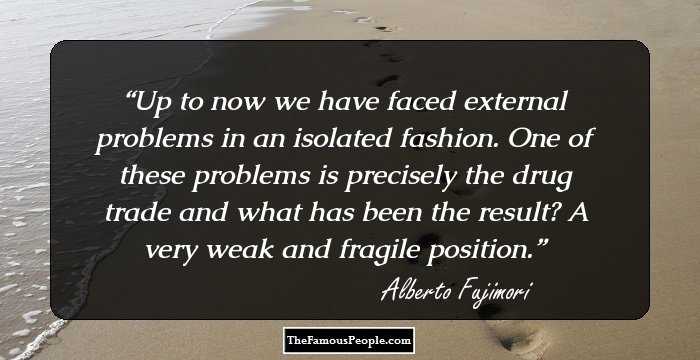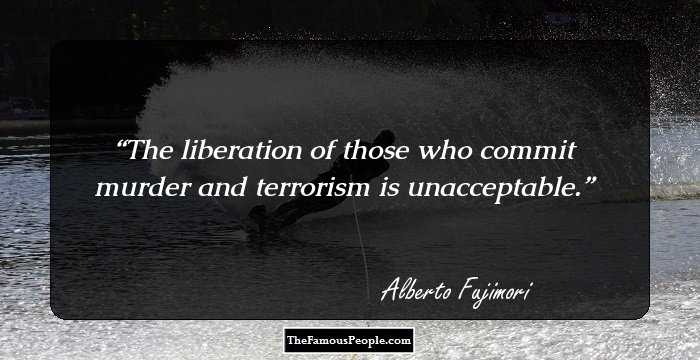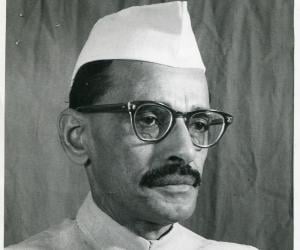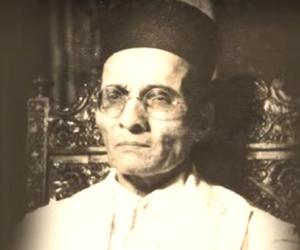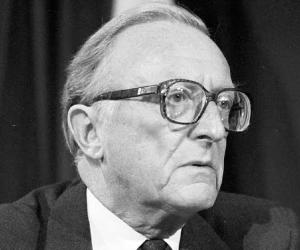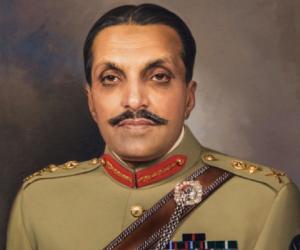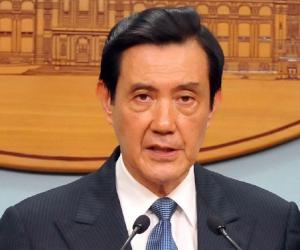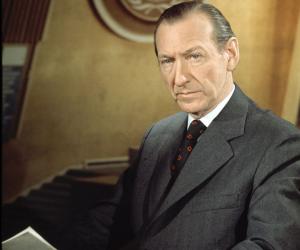Born In: Lima
Alberto Fujimori
(Former President of Peru)
Alberto Fujimori is a former Peruvian politician who went on to become the President of Peru and served in that capacity for nearly a decade. The highly educated Fujimori served as an academician for several years and later contested the presidential elections. His victory was a big surprise and earned him the title of being ‘The first Asian man to become the President of Peru’. Peru was in shambles when Fujimori took over. Few of the great achievements of his administration were stabilising the Peruvian economy by relaxing various trading regulations, and bringing Maoist insurgency under control to a great extent. During his first tenure Fujimori suspended the constitution and carried out a Presidential coup. The coup was severely condemned by the international community but it was widely welcomed by the Peruvian public. Though Fujimori brought a significant change to Peru, he was also widely criticized for his ‘dictatorship’ style of leadership, which also became a reason for his downfall. All the reputation that Fujimori earned through the years was spoilt due to incidents such as forced sterilization of women to control population. Later, it was also revealed that Fujimori was involved in crimes such as drug trafficking and illegal trading of arms and ammunitions. Fujimori was tried in court for several offences and was sentenced for 25 years. He is currently serving his sentence in prison.
21
21
